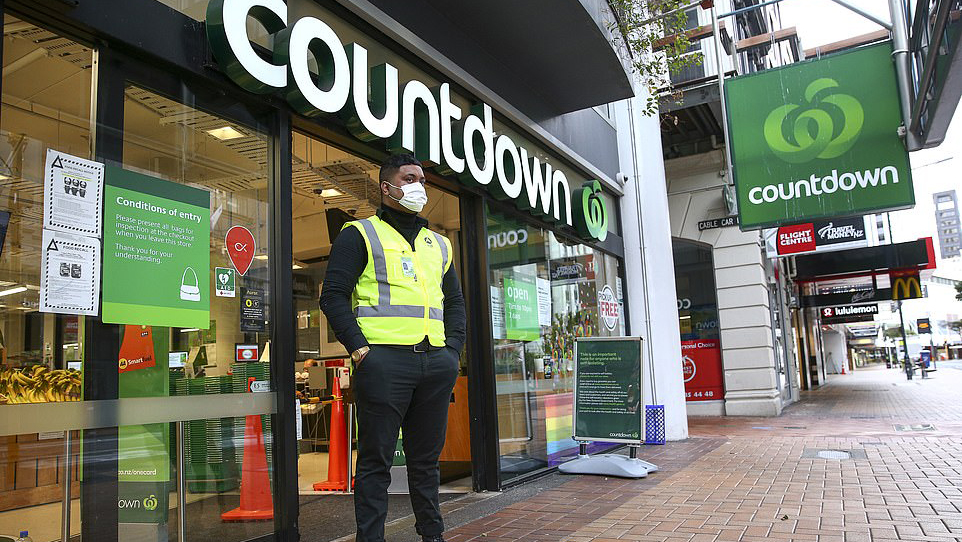As more and more researchers accumulate data which appears to show that lockdowns have done nothing to prevent the spread of infection and death from the Chinese virus, the inevitable response is, “but New Zealand locked down and look how well we’ve done”.
While this might seem like a plausible argument, it’s in fact a classic case of the faulty logic known as “affirming the consequent”. The argument is challenged not only by the studies which have compared US states which did or didn’t lock down, but by the fact that Australia, similar in so many ways to New Zealand, has outperformed New Zealand with much less stringent lockdowns.
But have New Zealand’s lockdowns prevented any deaths at all? A new paper in the Lancet suggests no.
Sweden’s former top state epidemiologist has claimed unless a vaccine is found soon, lockdowns like New Zealand’s won’t prevent any deaths at all – just push them into the future.
Johan Giesecke‘s call, published by journal The Lancet, comes the same week a new paper claims lockdowns in hard-hit western Europe haven’t saved a single life at all, which has split opinion among experts[…]
A new study published online claims the lockdowns have saved no lives at all. Thomas AJ Meunier‘s paper, which has not been peer-reviewed, claims mathematical modelling shows there was no difference in the spread of the disease before and after lockdowns were implemented in Italy, France, Spain and the UK.
“[…]these strategies might not have saved any life in western Europe.”
Kiwi epidemiologist Simon Thornley, who as part of the controversial ‘Plan B’ team has publicly called for an earlier loosening of New Zealand’s lockdown restrictions, told Newshub while Meunier was operating “outside of his field”, the paper “reads well and is logically laid out”. He said it showed the “pre-lockdown trend from the model predicted fewer deaths from COVID-19 than were observed post lockdown”, at least in the 17 days after the lockdowns were implemented.
Dr Thornley said it was consistent with the Plan B group’s findings that New Zealand’s strict lockdown wasn’t any more successful at stopping COVID-19’s spread than Australia’s looser approach.
“Lockdowns, particularly severe ones, as in New Zealand, force a lot of people into close proximity at supermarkets, for example,” he told Newshub. “More relaxed social distancing may be better as it does not lead to large crowds congregating as they are doing in supermarkets in New Zealand.”
Thornley’s last point might explain what otherwise seems counter-intuitive about the data comparing lockdown and non-lockdown states in the US: those which locked down in fact performed worse than those which didn’t. In Australia and New Zealand, prohibiting social visits yet allowing people to congregate in large, indoor spaces like supermarkets and big box retailers might also possibly facilitate the spread of the virus.
The new claim of the Ardern government – supposedly “eliminating” the virus – is another garbage piece of logic. Not only are Ardern and her cronies playing with rubbery definitions of “elimination”, but the whole thing is blatantly shifting the goalposts of justification for lockdowns.
Remember “flattening the curve”? This was the great buzzword in Ardern’s grab-bag of COVID cliches. But “flattening the curve” isn’t predicated at all on preventing infection and deaths. In fact, “flattening the curve” explicitly assumes the same numbers of infections and deaths – only spread out over a longer time.
Ardern needs to come clean with New Zealanders about a great many things: were the lockdowns even legal? Was the strategy to “eliminate” the virus or just spread out the same number of deaths over a longer timeframe? Has this even worked as claimed?
Unfortunately, expecting straight answers from the Ardern government is a mug’s game.
If you enjoyed this BFD article please consider sharing it with your friends.

